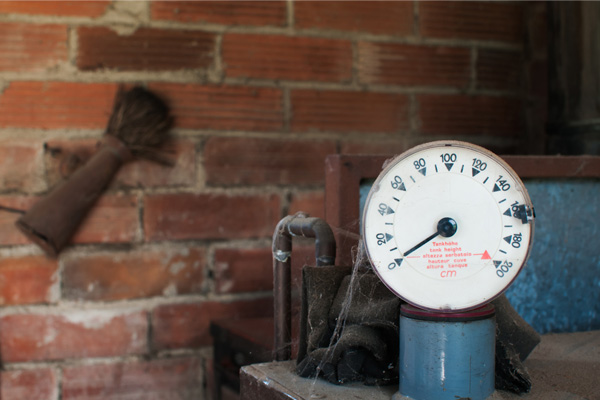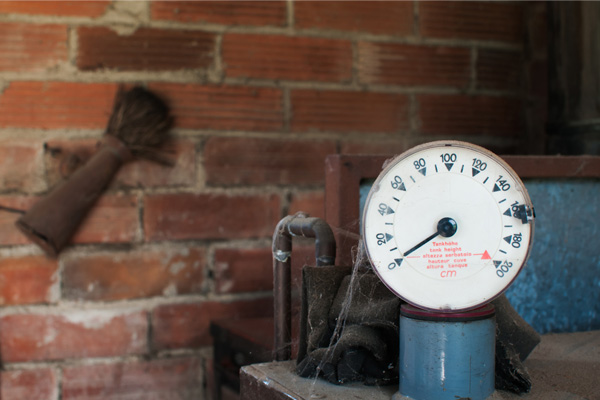
To avoid running out of heating oil at the wrong time and to benefit from quantity discounts, most consumers purchase fuel oil in bulk. Because of this, some consumers are left with significant amounts of fuel oil once the heating season ends. Now, such consumers typically store their #2 heating oil with the intention of using it during the next winter season.
While we agree that this makes perfect financial sense…
it is likely that most consumers do not know whether heating oil expires or not. Princeton Heating & Air Conditioning, a company that offers heating oil delivery in Newton PA, is here to offer high-quality heating oil deliveries. Below, we have outlined some information on how to store your heating oil to prevent it from going bad.
An Overview Of Heating Oil
Contents
Obtained from the fractional distillation (processing) of crude oil, furnace/boiler heating oil, which is technically known as No. 2 oil, is similar to the diesel fuel used in some diesel cars. The main difference between No. 2 oil and motor diesel is the latter contains additives that enhance engine performance.
What Makes Heating Oil Go Bad?

When you store fuel oil for a long duration, it is likely to degrade due to various factors. Firstly, the bacteria found in the oil as well as in the storage tank will degrade your heating system oil over time. Secondly, liquids such as water and acids will decrease the shelf life of your fuel oil significantly. For this reason, you should ensure your storage tank is well sealed.
It is important to note…
that pure water also impedes combustibility. Thirdly, contaminants such as paint, sludge, rust, and crud will cause your fuel oil to go bad over time. This means that you should always ensure your heating oil storage tank is clean before storing oil in it. Also, you can use premium oil that has additives specifically designed to reduce the accumulation of sediment and sludge in the tank. Additionally, you should avoid storing other undesirable chemicals, such as used motor oil, in your heating oil storage tank even when it is empty.
Typical Shelf Life Of Home Heating Oil

Fuel oil can last anywhere from 18 to 24 months without decaying if it is mixed with certain additives (blended) and stored properly. These additives stabilize heating oil and therefore prolong its shelf life. However, when the fuel oil is pumped into a storage tank during a home heating oil delivery, the additives are then introduced. This will allow them to work properly. High-quality fuel oil usually has additives put into it for the purpose of preventing sludge and sediment buildup. Moreover, it is important to understand that there are no products for rejuvenating fuel oil once it starts to degrade.
Heating Oil Storage Tank
Besides additives, the condition of your storage tank will also determine the shelf life of your fuel oil. As mentioned above, make sure your tank is well sealed and free of contaminants. Finally, you should determine the amount of oil you require in a season so that you are able to order the right amount (just enough to meet your heating requirements). This is particularly important because, if you have too much fuel oil left over after the winter, you may have to hire your oil company to remove it.
Conclusion
Under the right condition, heating oil has a shelf life of between 18 and 24 months. These conditions include proper storage and blending with the right additives. Some of the factors that cause heating oil to decay include bacteria and contaminants such as paint, rust, and water. Always make sure to buy premium oil when scheduling fuel oil deliveries.
Call PFO Heating & Air Conditioning For Reliable Oil Deliveries

When you’re searching for a reputable heating oil delivery company, you can contact PFO Heating & Air Conditioning.
We offer the best home heating oil delivery and the most reasonable heating oil prices in the area. Our team of expert technicians also provide HVAC services to help improve the performance and efficiency of your heating equipment.
Call PFO Heating & Air Conditioning today and learn more about the services we offer. We will be happy to answer all your questions and concerns.
Click here to contact us now or call us at (800) 253-9001 to find out more!



